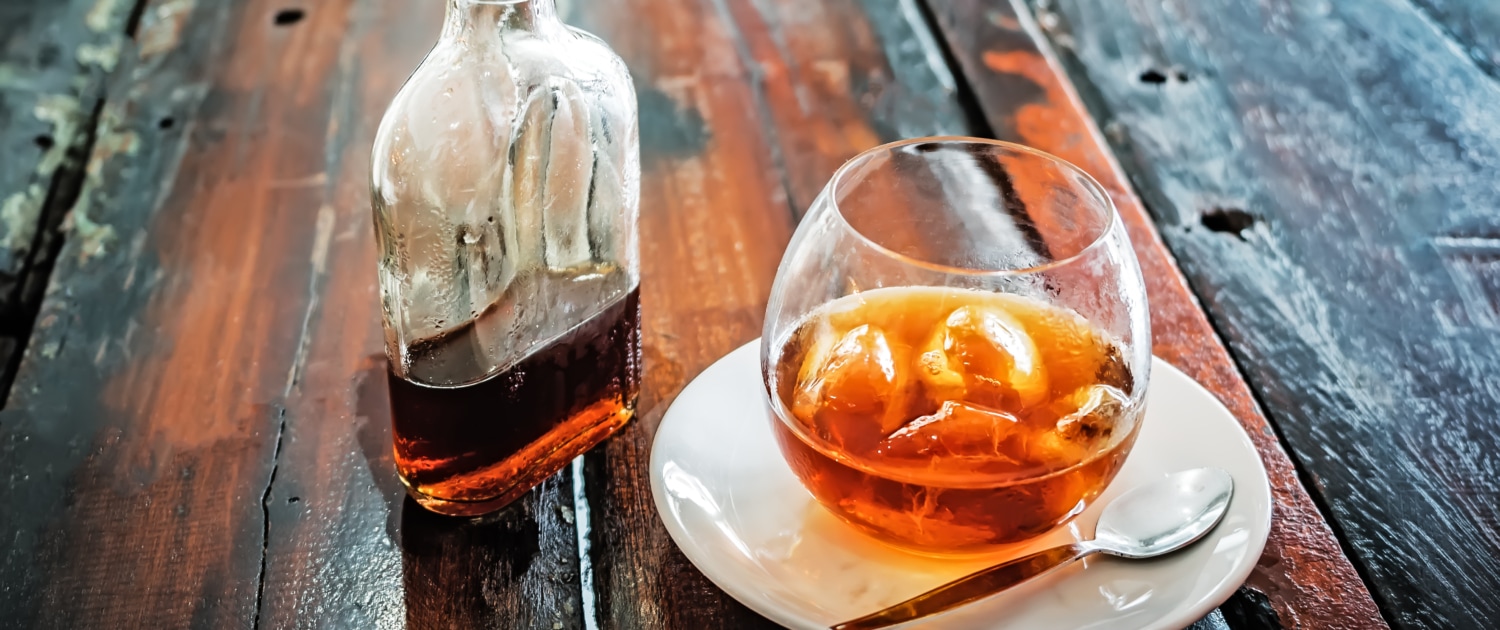Cold Brew Coffee
Would you like to know a chilled coffee drink during a hot summer day?
Even on cooler days or just to kick off your morning the right way, cold brewed coffee is a great alternative to get your day and body going.
Coffee lovers are always looking for creative ideas. It is the motivation to even further expand our very vast coffee culture. The cold brewed coffee is another exciting addition. It adds to the lattes and cinos and the rest of the bewildering array of designer coffees out there.
Just to get one misunderstanding out of the way, right from the start. Cold brewed coffee is very different to regular iced coffee.
In contrast to cold brewed coffee, iced coffee is essentially only cold filter coffee. It is usually served over crushed ice with some sweet syrup.
The cold brewed coffee is brewed in a completely different way and brings many benefits along with it.
Here is everything you need to know about cold brewed coffee.
HOW TO MAKE IT

As with any innovative product, it is all in the details.
Cold brewed coffee is pretty simple to make. But it is a time-consuming practice.
As a start, the finely ground beans are soaking in cold water for up 24 hours. This will result in a rather concentrated extract. You would then dilute this essence and serve chilled.
The traditional coffee-brewing and making method rather enhances the bitter flavor of the coffee bean. In opposite, this method of extraction produces a sweeter tasting coffee. Additionally, it is also less acidic and therefore gentler on the tummy. In simple words, people assume to get less stomach ache from it.
The method of cold brewed coffee is already known and practiced for many centuries. Rather recently, it is becoming the latest thing to hit the coffee shops. Its increasingly popularity also reflects the much pricier options, nowadays, as with anything trending.
WARM IT UP
Now, you might ask yourself. Why do I have to make cold brewed coffee, first, just to warm it up, after?
It is simply just very convenient with a great flavor and possible to do anywhere.
You can warm up cold brewed coffee very easily. And, you will have a hot cup of coffee in your hands in just a few minutes.
All of the conventional heating methods work great with cold brew, from microwave, stove top to simply adding hot water.
Of course, to add hot water to your cold brew concentrate is the easiest and fastest way to bring the concentrate to the right temperature and dilution.
IMPRESSIVE BENEFITS
Most research on the health benefits of coffee is based on hot brewed coffee. However, cold brew is believed to offer many similar effects.
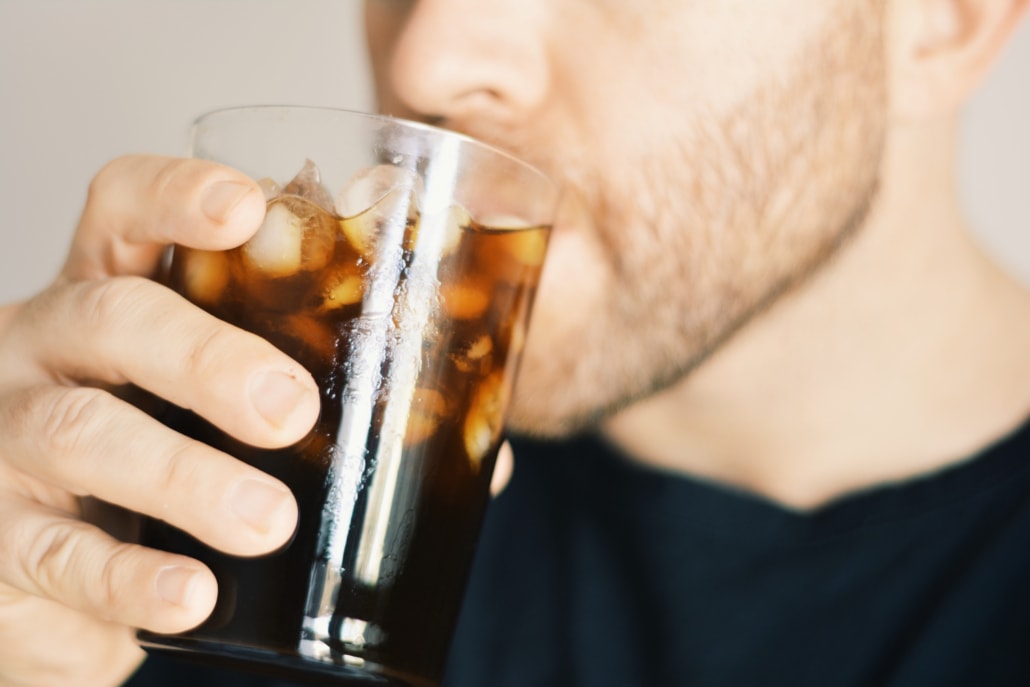
Below, I will share some of the most significant benefits with you.
Boost your metabolism
Metabolism is the process by which your body uses food to create energy.
The higher your metabolic rate, the more calories you burn at rest. This may make it easier for you to lose or maintain weight.
Just like hot coffee, cold brew coffee contains caffeine. Caffeine is able to increase your resting metabolic rate by up to 11%.
Due to its higher usual concentration, cold brew coffee even has more caffeine to work with.
Makes your happier
Cold brew coffee and its containing caffeine may help improving your mind.
There have been several studies that have shown that coffee consumption enhances our mood, especially among sleep-deprived people.
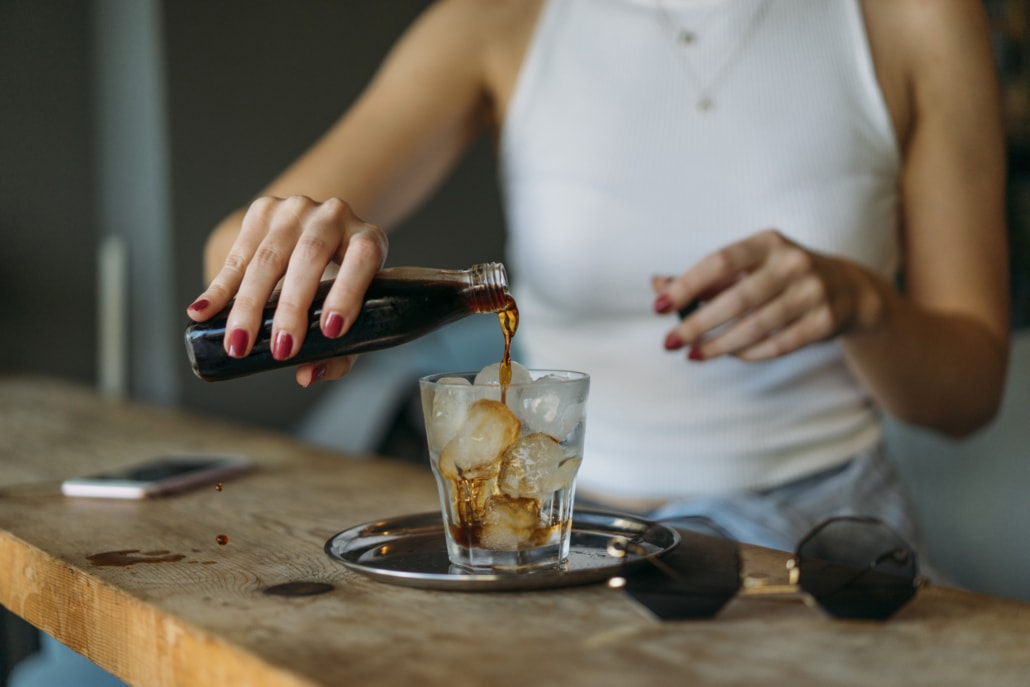
Further research suggests that it helps to lower the risk of depression. It can also function as a mild boost to our brain function and memory.
Even more results indicate that it increases focus and attentiveness, overall.
If you ask me, all of this sounds pretty remarkable and exciting to me.
Good for your heart
Heart disease is the number one cause of death worldwide.
It describes the general term for several conditions that can affect your heart, such as coronary artery disease, heart attack, and stroke.
Throughout several studies, researchers were able to prove that certain compounds contained in coffee may reduce your risk of heart disease. These compounds include caffeine, phenolic compounds, magnesium, trigonelline, quinides, and lignans.
They help to increase insulin sensitivity, stabilize blood sugar and lower your blood pressure.
All of this is impressive. However, I would still like to make you aware of something. People with uncontrolled high blood pressure should avoid drinking caffeine regularly. This may further elevate their levels instead.
More positive benefits
Some other great benefits worth mentioning is that it may lower your risk of Type 2 Diabetes. This is thanks to the powerful antioxidants in coffee.
Additionally, recent studies observed that drinking can protect your brain from age-related diseases, such as Alzheimer’s and Parkinson’s disease.
It is the caffeine that stimulates your nervous system and may affect how your brain functions when getting older.
Cold brew coffee also contains compounds called phenylindanes, as well as lower amounts of nonharman and harman compounds. These additionally can help to protect your brain from age-related diseases.
It is also agreed that cold brew coffee may be easier on your stomach than hot coffee. And, it may help you live longer.
MORE CAFFEINE THAN HOT COFFEE?
Somehow, this question is always a very popular one.
Does cold brew coffee contain more caffeine than hot coffee?
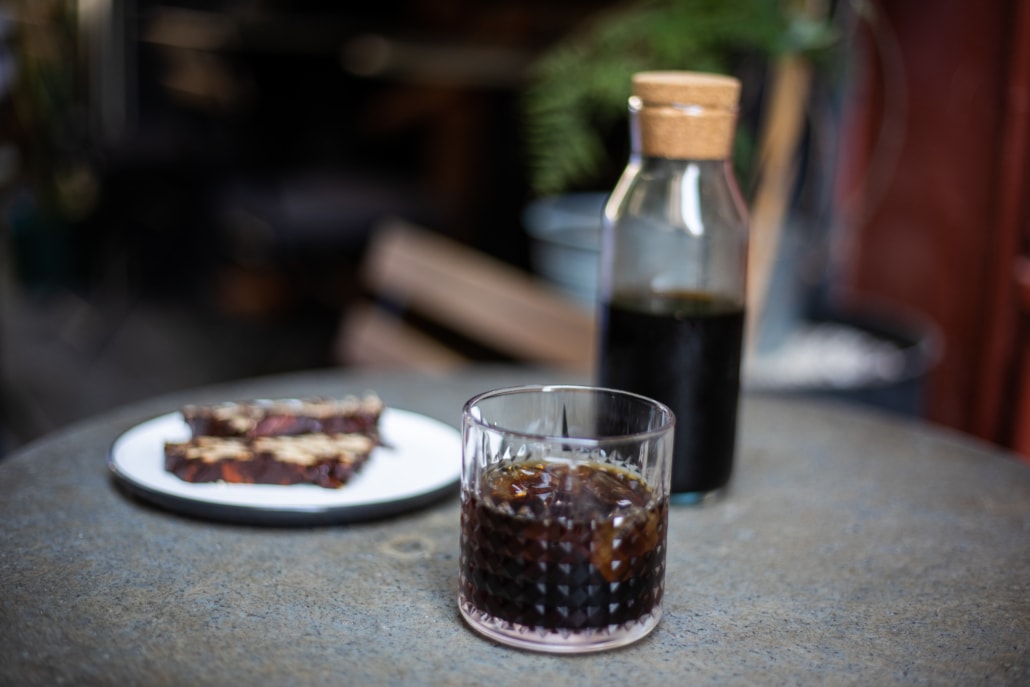
Usually, people misinterpret and answer it the wrong way. There is a common misconception when it comes to coffee and its caffeine content.
Commonly, people seem to believe that caffeine appears in higher amounts, where it actually does not. For example, many coffee drinkers believe that espresso is often the strongest drink to order.
It might be stronger in its concentration maybe, but eventually it is not, due to its smaller serving size.
The same goes for dark roast coffee. It usually gets credit for having more caffeine than lighter roasts, when it does not. In fact, all roasts generally have the same amount of caffeine.
How about cold brew coffee?
Many people appreciate cold brew coffee. They praise it for delivering a major jolt of caffeine. But is this image actually deserved?
As it turns out, it is a bit more complicated than we might think.
Firstly, many factors play a role in this. We need to consider the coffee type, grind size, brew time, dwell time, roast level and blend.
Secondly, despite all of these variables, cold brew coffee drinks usually have less caffeine than regular coffee.
As we all know, coffee dissolves in water. The hotter the water used to brew coffee, the more coffee is extracted. As a result, you are getting more caffeine out of the beans and into your coffee.
However, we also need to mention that there is such thing as over-extracting with water that is too hot. This actually destroys our precious beans and less caffeine will come out.
Nonetheless, the general rule is that more caffeine can be extracted from coffee beans with hot water than with cold water. This leads us to the assumption that hot coffee contains more caffeine. Contrary to cold brew, which we make with cold water, of course.
Yes or no
“Caffeine’s solubility is primary driven by temperature, such that at higher temperatures, significantly more caffeine will dissolve in solution than at cooler temperatures,” says Mr. Joseph Rivera of Coffee Chemistry. “If you are using the same brew-to-water ratios, the cold will definitely have less caffeine than hot.”
But, we usually make cold brew coffee with a higher ratio of coffee to water. We are generally using 2 to 2 ½ times more.
This will eventually make our cold brew coffee stronger. Because we are not using the conventional coffee-to-water ratio.
There you go. In the end, it depends on various factors and how we like our cold brew coffee the most.
DO NOT DRINK IT
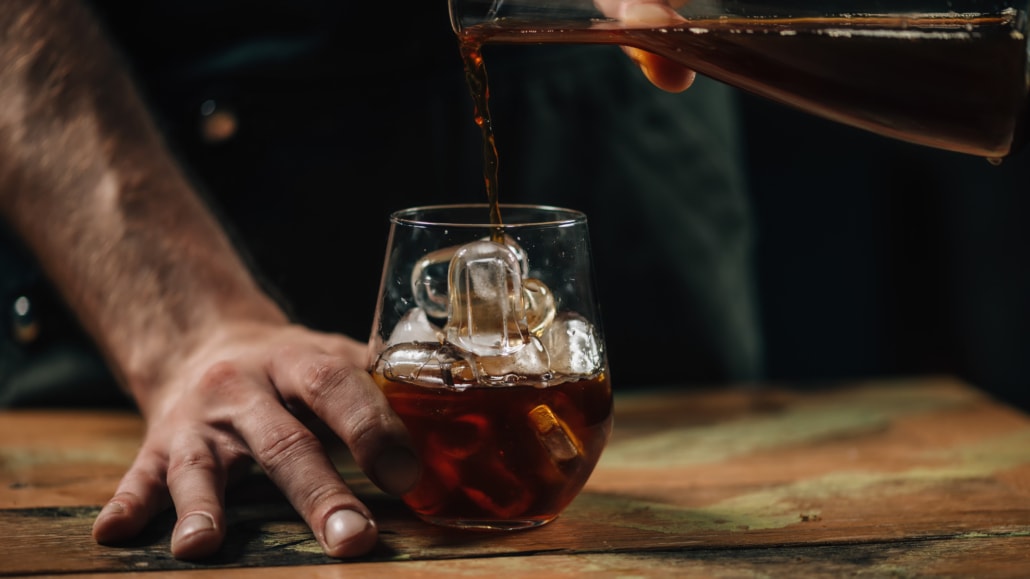
Cold brew coffee sucks, at least according to some people’s opinions.
I will be honest to you and try to stay neutral. It is hard to imagine but there are also people, who believe that making cold brewed coffee is not a great idea.
I will share some of their arguments. You can make up your own mind then.
In short, there are coffee roasters and makers, who would rather like you to order an iced coffee over a cold brewed coffee. As always, it is all about the flavors and how we can best extract them.
One of the most famous protagonists in this debate is the former World Barista Champion, James Hoffmann. Him and others describe the flavors of cold brew, which are developed over a longer brew process without the use of hot water, as oxidized or ‘off’.
“Hot water is really important to extracting all of the soluble flavor compounds in coffee.” Hoffmann says. “When you brew with cold water you tend to get a more generic, coffee-like set of flavors out of the coffee. Brewing with cold water makes it harder to tell by taste where a coffee might have grown.”
As a result, to some coffee professionals like Hoffmann, cold brew does not do good beans justice. According to these voices, cold brew coffee is not able to extract certain characteristics of individual coffee profiles. Instead, it produces a rather generic or ‘one-noted’ flavored beverage.
But not every coffee enthusiast or expert is sharing this position. In fact, the majority of people actually thinks otherwise.
YOUR OWN CHOICE AND MAKING
In order to really appreciate cold brew coffee, we need to look at it differently.
Charles Babinski describes it best. “Cold brew is flavor – there are qualities that are lost and there are aspects of flavor that are specific to cold brew.”
Furthermore, not all iced coffee is cold brew, but all cold brew is iced coffee. As we learned already, cold brew is made by steeping coarse ground coffee in water for up to a day.
However, the actual brew time is entirely up to us. At home, we can cut back the brew time as much as we want to. We could readjust ourselves from 24 hours to maybe just 8 hours instead. This would result in a lighter and slightly more acidic cold brew.
When we are comparing various coffee-making methods, we will realize something. Ultimately, each method in its own is going to showcase a certain flavor outcome for the beans that we are using.
We can assume for cold brew to have its own flavor. This is due to simple reason that the characteristic method, the filter, through which the beans will eventually be coming through.
For example, let’s say you are taking a fruity and floral coffee type from Ethiopia and cold brew it. You will get a cold brew, which is then fruity and floral in flavors.
A very important aspect is the effect of the level of concentration. Cold brew coffee usually tends to come out as a higher concentration. But this is actually up to us. We can decide ourselves, how much time we will give our coffee to develop.
With a bit of practice, everyone can find its own favorite time window and flavor profile.
SUMMARY
I hope, we can at least agree that cold brew coffee is an enjoyable alternative to hot coffee. You can maybe try yourself. It is easy to make at your own home.
Cold brew coffee has one very big advantage. In its more concentrated form, it is actually more shelf stable than regular coffee.
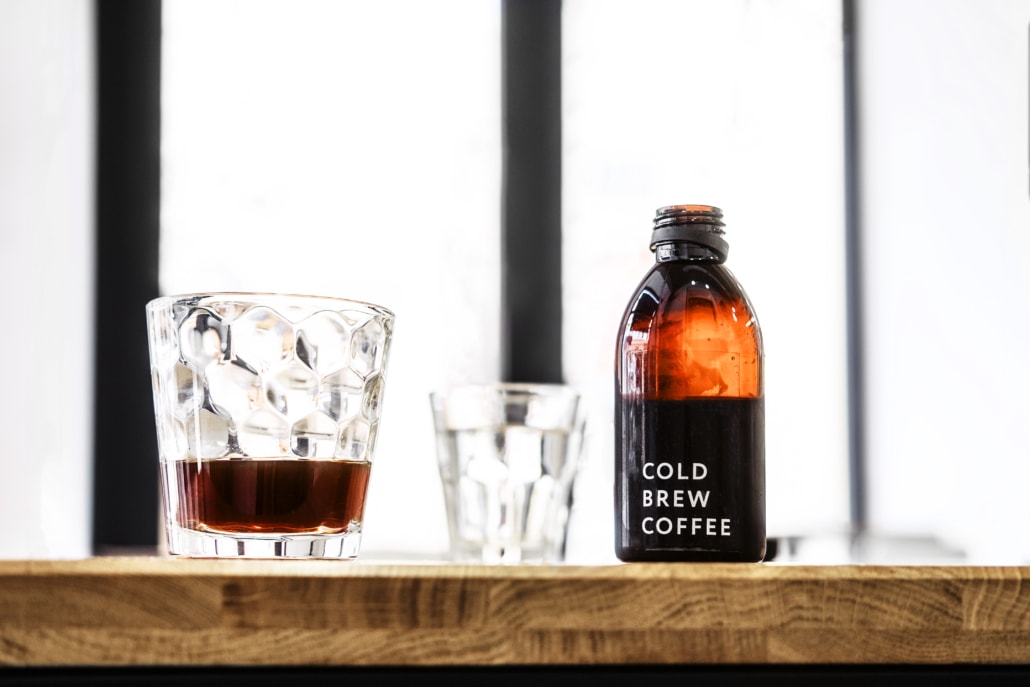
You will lose less quality much slower than with common coffee. Because you produced a more concentrated one in the first place.
In fact, you can keep it fresh in your fridge for up to a week.
Even the overall effort and preparation to make your own cold brew is actually very minimal.
Yes, it will take longer to make in the beginning, but you will also be able to keep it longer and avoid making new coffee every day.
In addition, cold brew coffee offers many of the same health benefits but is less acidic and less bitter. This may make it more easily tolerated by sensitive individuals. Your stomach might appreciate it.
If you want to mix up your coffee routine, give cold brew coffee a try and see how it compares to your usual hot cup of coffee.
What do you think?
Are you a fan of cold-brew coffee? Why or why not?
What are your thoughts on the health and benefit claims about this new trend?
Let us know in the comments.
Related Posts
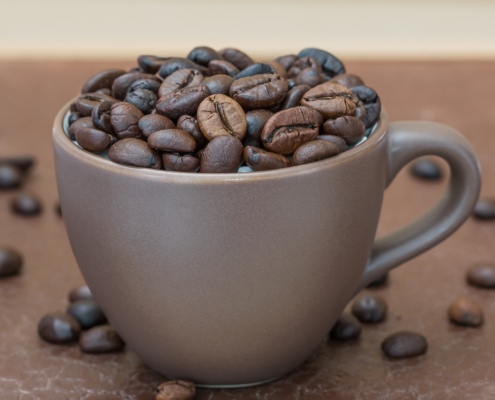 https://www.siamhillscoffee.com/wp-content/uploads/What-is-Liberica-Coffee-–-The-Worlds-Rarest-Coffee-Type-–-1.jpg
1384
2165
Siamhillscoffee
https://www.siamhillscoffee.com/wp-content/uploads/coffee-logo.png
Siamhillscoffee2021-04-25 11:33:222021-04-25 11:33:22What is Liberica Coffee – The World’s Rarest Coffee Type –
https://www.siamhillscoffee.com/wp-content/uploads/What-is-Liberica-Coffee-–-The-Worlds-Rarest-Coffee-Type-–-1.jpg
1384
2165
Siamhillscoffee
https://www.siamhillscoffee.com/wp-content/uploads/coffee-logo.png
Siamhillscoffee2021-04-25 11:33:222021-04-25 11:33:22What is Liberica Coffee – The World’s Rarest Coffee Type –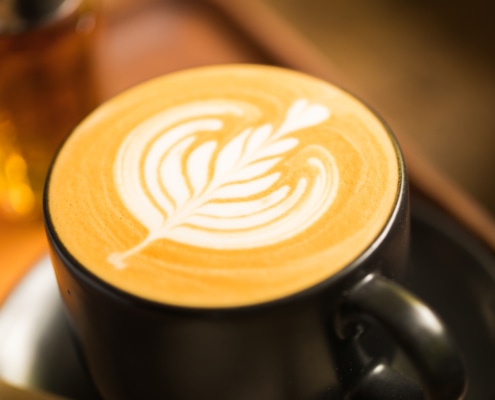 https://www.siamhillscoffee.com/wp-content/uploads/What-is-Latte-Art-–-Its-Fundamentals-History-and-Techniques-–-1.jpg
1414
2121
Siamhillscoffee
https://www.siamhillscoffee.com/wp-content/uploads/coffee-logo.png
Siamhillscoffee2021-04-25 11:28:272021-04-25 11:28:27What is Latte Art – Its Fundamentals, History and Techniques –
https://www.siamhillscoffee.com/wp-content/uploads/What-is-Latte-Art-–-Its-Fundamentals-History-and-Techniques-–-1.jpg
1414
2121
Siamhillscoffee
https://www.siamhillscoffee.com/wp-content/uploads/coffee-logo.png
Siamhillscoffee2021-04-25 11:28:272021-04-25 11:28:27What is Latte Art – Its Fundamentals, History and Techniques –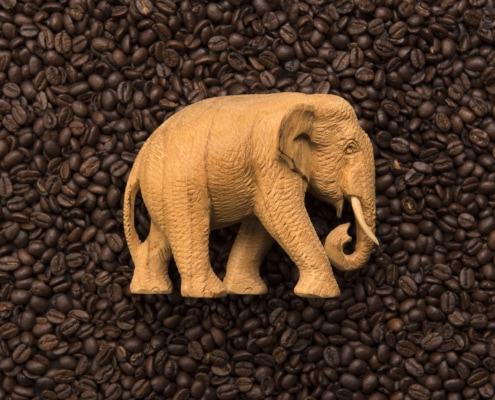 https://www.siamhillscoffee.com/wp-content/uploads/Elephant-coffee-–-The-new-luxury-coffee-–-How-great-is-it-1.jpg
1445
2075
Siamhillscoffee
https://www.siamhillscoffee.com/wp-content/uploads/coffee-logo.png
Siamhillscoffee2021-04-25 11:23:422021-04-25 11:23:42Elephant coffee – The new luxury coffee – How great is it?
https://www.siamhillscoffee.com/wp-content/uploads/Elephant-coffee-–-The-new-luxury-coffee-–-How-great-is-it-1.jpg
1445
2075
Siamhillscoffee
https://www.siamhillscoffee.com/wp-content/uploads/coffee-logo.png
Siamhillscoffee2021-04-25 11:23:422021-04-25 11:23:42Elephant coffee – The new luxury coffee – How great is it?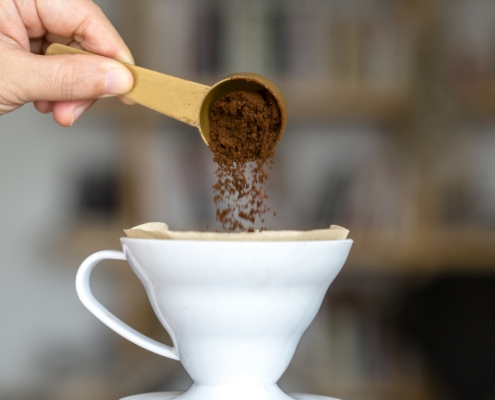 https://www.siamhillscoffee.com/wp-content/uploads/Filter-Coffee-and-Instant-Coffee-–-Whats-the-Difference-–-1.jpg
1414
2121
Siamhillscoffee
https://www.siamhillscoffee.com/wp-content/uploads/coffee-logo.png
Siamhillscoffee2021-04-25 11:15:412021-04-25 11:15:41Filter Coffee and Instant Coffee – What’s the Difference? –
https://www.siamhillscoffee.com/wp-content/uploads/Filter-Coffee-and-Instant-Coffee-–-Whats-the-Difference-–-1.jpg
1414
2121
Siamhillscoffee
https://www.siamhillscoffee.com/wp-content/uploads/coffee-logo.png
Siamhillscoffee2021-04-25 11:15:412021-04-25 11:15:41Filter Coffee and Instant Coffee – What’s the Difference? –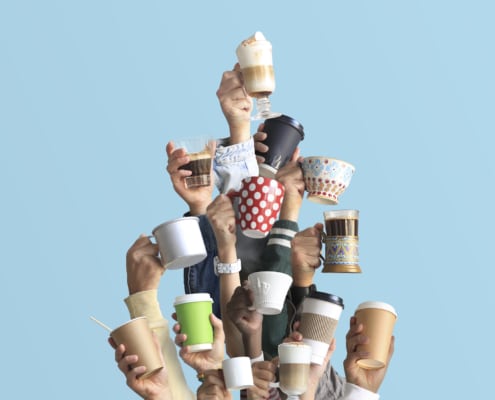 https://www.siamhillscoffee.com/wp-content/uploads/Cappuccino-and-Latte-–-Whats-The-Difference-–-1.jpg
1399
2143
Siamhillscoffee
https://www.siamhillscoffee.com/wp-content/uploads/coffee-logo.png
Siamhillscoffee2021-04-25 11:05:382021-04-25 11:11:21Cappuccino and Latte – What’s The Difference –
https://www.siamhillscoffee.com/wp-content/uploads/Cappuccino-and-Latte-–-Whats-The-Difference-–-1.jpg
1399
2143
Siamhillscoffee
https://www.siamhillscoffee.com/wp-content/uploads/coffee-logo.png
Siamhillscoffee2021-04-25 11:05:382021-04-25 11:11:21Cappuccino and Latte – What’s The Difference –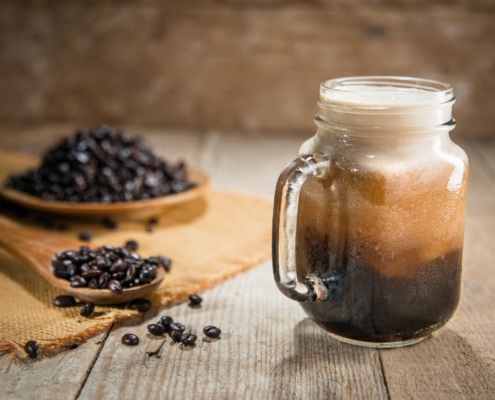 https://www.siamhillscoffee.com/wp-content/uploads/Nitro-Coffee-or-Regular-Coffee-Which-is-Better-–-1.jpg
1414
2121
Siamhillscoffee
https://www.siamhillscoffee.com/wp-content/uploads/coffee-logo.png
Siamhillscoffee2021-04-25 11:01:372021-04-25 11:01:37Nitro Coffee or Regular Coffee – Which is Better –
https://www.siamhillscoffee.com/wp-content/uploads/Nitro-Coffee-or-Regular-Coffee-Which-is-Better-–-1.jpg
1414
2121
Siamhillscoffee
https://www.siamhillscoffee.com/wp-content/uploads/coffee-logo.png
Siamhillscoffee2021-04-25 11:01:372021-04-25 11:01:37Nitro Coffee or Regular Coffee – Which is Better –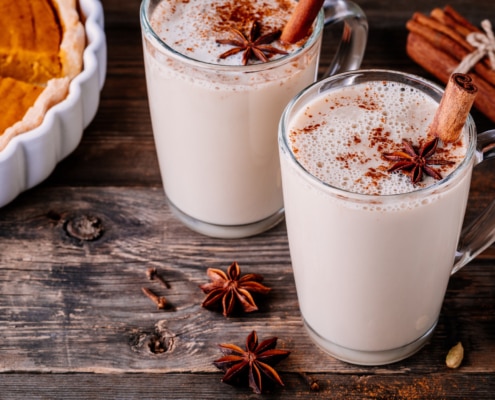 https://www.siamhillscoffee.com/wp-content/uploads/What-is-a-Dirty-Chai-or-Chai-Tea-Latte-–-A-Complete-Overview-–-1.jpg
1414
2121
Siamhillscoffee
https://www.siamhillscoffee.com/wp-content/uploads/coffee-logo.png
Siamhillscoffee2021-04-03 03:00:442021-04-03 03:00:44What is a Dirty Chai or Chai Tea Latte – A Complete Overview –
https://www.siamhillscoffee.com/wp-content/uploads/What-is-a-Dirty-Chai-or-Chai-Tea-Latte-–-A-Complete-Overview-–-1.jpg
1414
2121
Siamhillscoffee
https://www.siamhillscoffee.com/wp-content/uploads/coffee-logo.png
Siamhillscoffee2021-04-03 03:00:442021-04-03 03:00:44What is a Dirty Chai or Chai Tea Latte – A Complete Overview –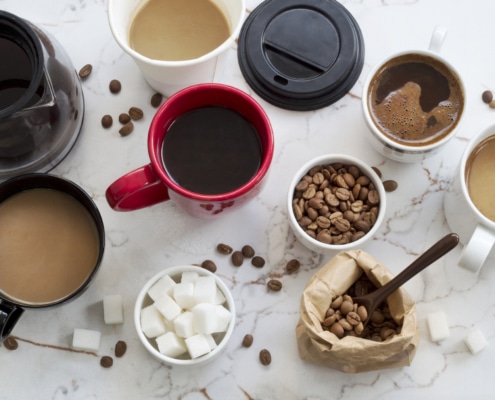 https://www.siamhillscoffee.com/wp-content/uploads/Filter-Coffee-and-Espresso-–-What-is-the-Difference-–-1.jpg
1397
2146
Siamhillscoffee
https://www.siamhillscoffee.com/wp-content/uploads/coffee-logo.png
Siamhillscoffee2021-04-03 02:55:042021-04-03 02:55:04Filter Coffee and Espresso – What is the Difference? –
https://www.siamhillscoffee.com/wp-content/uploads/Filter-Coffee-and-Espresso-–-What-is-the-Difference-–-1.jpg
1397
2146
Siamhillscoffee
https://www.siamhillscoffee.com/wp-content/uploads/coffee-logo.png
Siamhillscoffee2021-04-03 02:55:042021-04-03 02:55:04Filter Coffee and Espresso – What is the Difference? –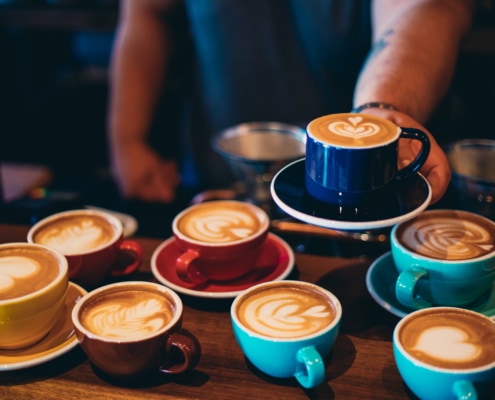 https://www.siamhillscoffee.com/wp-content/uploads/Cafe-au-Lait-and-Latte-–-Whats-The-Difference-–-1.jpg
1414
2121
Siamhillscoffee
https://www.siamhillscoffee.com/wp-content/uploads/coffee-logo.png
Siamhillscoffee2021-04-03 02:50:222021-04-03 02:50:22Café au Lait and Latte – What’s The Difference –
https://www.siamhillscoffee.com/wp-content/uploads/Cafe-au-Lait-and-Latte-–-Whats-The-Difference-–-1.jpg
1414
2121
Siamhillscoffee
https://www.siamhillscoffee.com/wp-content/uploads/coffee-logo.png
Siamhillscoffee2021-04-03 02:50:222021-04-03 02:50:22Café au Lait and Latte – What’s The Difference –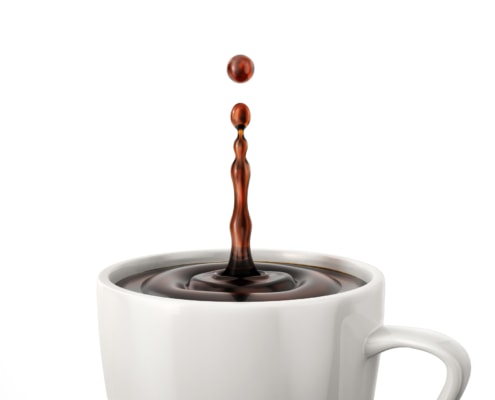 https://www.siamhillscoffee.com/wp-content/uploads/What-is-Red-Eye-Coffee-–-Everything-You-Need-to-Know-About-This-Eye-Opener-–-1.jpg
1414
2121
Siamhillscoffee
https://www.siamhillscoffee.com/wp-content/uploads/coffee-logo.png
Siamhillscoffee2021-03-21 04:01:332021-03-21 04:01:33What is Red Eye Coffee – Everything You Need to Know About This Eye-Opener –
https://www.siamhillscoffee.com/wp-content/uploads/What-is-Red-Eye-Coffee-–-Everything-You-Need-to-Know-About-This-Eye-Opener-–-1.jpg
1414
2121
Siamhillscoffee
https://www.siamhillscoffee.com/wp-content/uploads/coffee-logo.png
Siamhillscoffee2021-03-21 04:01:332021-03-21 04:01:33What is Red Eye Coffee – Everything You Need to Know About This Eye-Opener –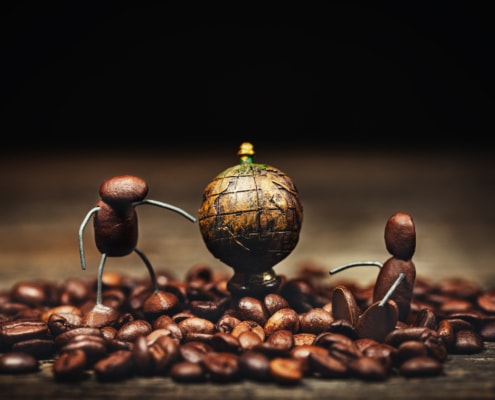 https://www.siamhillscoffee.com/wp-content/uploads/Top-10-Strangest-Coffee-Types-Beans-Special-Coffee-Experiences-–-1.jpg
1414
2121
Siamhillscoffee
https://www.siamhillscoffee.com/wp-content/uploads/coffee-logo.png
Siamhillscoffee2021-03-14 04:07:592021-03-14 04:07:59Top 10 Strangest Coffee Types & Beans – Special Coffee Experiences –
https://www.siamhillscoffee.com/wp-content/uploads/Top-10-Strangest-Coffee-Types-Beans-Special-Coffee-Experiences-–-1.jpg
1414
2121
Siamhillscoffee
https://www.siamhillscoffee.com/wp-content/uploads/coffee-logo.png
Siamhillscoffee2021-03-14 04:07:592021-03-14 04:07:59Top 10 Strangest Coffee Types & Beans – Special Coffee Experiences –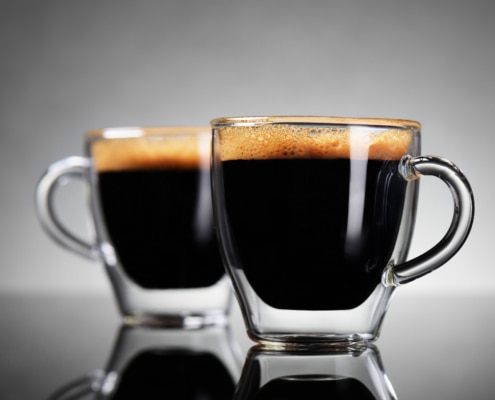 https://www.siamhillscoffee.com/wp-content/uploads/What-is-an-Espresso-–-A-Complete-Guide-–-1.jpg
1414
2119
Siamhillscoffee
https://www.siamhillscoffee.com/wp-content/uploads/coffee-logo.png
Siamhillscoffee2021-03-14 03:48:102021-03-14 03:48:10What is an Espresso? – A Complete Guide –
https://www.siamhillscoffee.com/wp-content/uploads/What-is-an-Espresso-–-A-Complete-Guide-–-1.jpg
1414
2119
Siamhillscoffee
https://www.siamhillscoffee.com/wp-content/uploads/coffee-logo.png
Siamhillscoffee2021-03-14 03:48:102021-03-14 03:48:10What is an Espresso? – A Complete Guide –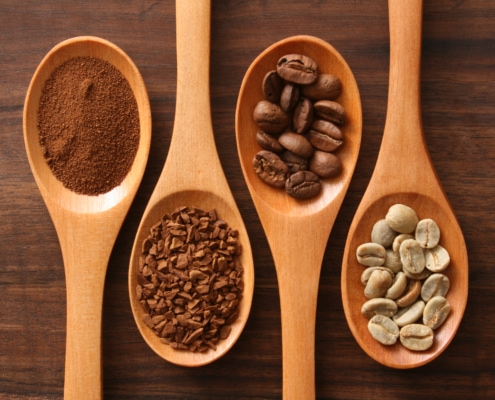 https://www.siamhillscoffee.com/wp-content/uploads/Top-6-Differences-Between-Ground-Coffee-And-Instant-Coffee-1-scaled.jpg
1920
2560
Siamhillscoffee
https://www.siamhillscoffee.com/wp-content/uploads/coffee-logo.png
Siamhillscoffee2021-03-14 03:40:432021-03-14 03:40:43Top 6 Differences Between Ground Coffee And Instant Coffee
https://www.siamhillscoffee.com/wp-content/uploads/Top-6-Differences-Between-Ground-Coffee-And-Instant-Coffee-1-scaled.jpg
1920
2560
Siamhillscoffee
https://www.siamhillscoffee.com/wp-content/uploads/coffee-logo.png
Siamhillscoffee2021-03-14 03:40:432021-03-14 03:40:43Top 6 Differences Between Ground Coffee And Instant Coffee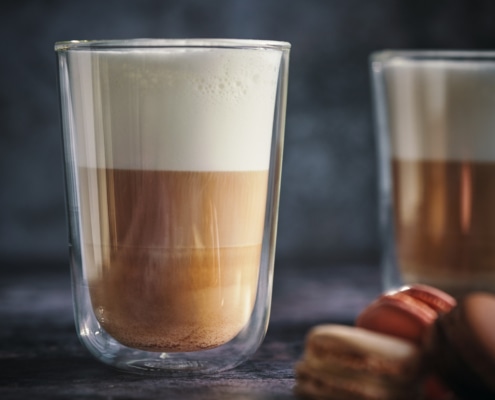 https://www.siamhillscoffee.com/wp-content/uploads/What-is-a-Cafe-Latte-–-A-Complete-Guide-–-1.jpg
1414
2120
Siamhillscoffee
https://www.siamhillscoffee.com/wp-content/uploads/coffee-logo.png
Siamhillscoffee2021-03-14 03:25:172021-03-14 03:25:17What is a Café Latte? – A Complete Guide –
https://www.siamhillscoffee.com/wp-content/uploads/What-is-a-Cafe-Latte-–-A-Complete-Guide-–-1.jpg
1414
2120
Siamhillscoffee
https://www.siamhillscoffee.com/wp-content/uploads/coffee-logo.png
Siamhillscoffee2021-03-14 03:25:172021-03-14 03:25:17What is a Café Latte? – A Complete Guide –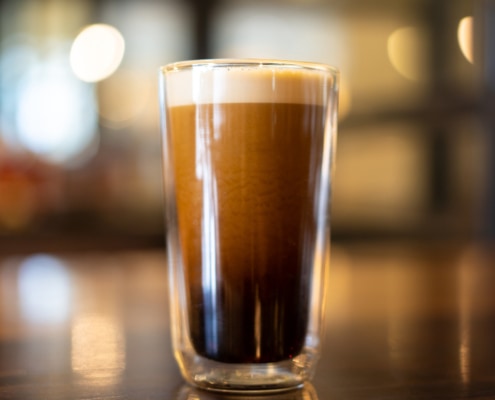 https://www.siamhillscoffee.com/wp-content/uploads/Beer-Coffee-Everybodys-Dream-Come-True-–-1.jpg
1414
2121
Siamhillscoffee
https://www.siamhillscoffee.com/wp-content/uploads/coffee-logo.png
Siamhillscoffee2021-03-14 03:21:082021-03-14 03:21:08Beer Coffee – Everybody’s Dream Come True –
https://www.siamhillscoffee.com/wp-content/uploads/Beer-Coffee-Everybodys-Dream-Come-True-–-1.jpg
1414
2121
Siamhillscoffee
https://www.siamhillscoffee.com/wp-content/uploads/coffee-logo.png
Siamhillscoffee2021-03-14 03:21:082021-03-14 03:21:08Beer Coffee – Everybody’s Dream Come True –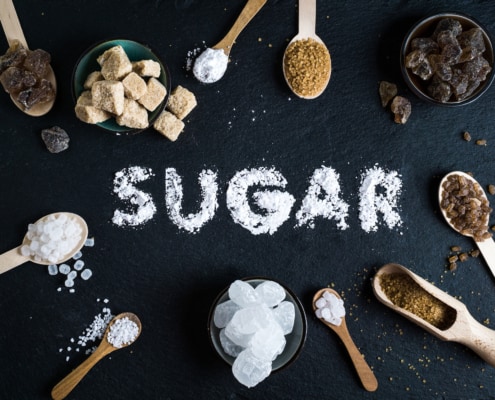 https://www.siamhillscoffee.com/wp-content/uploads/Natural-Coffee-Sweeteners-–-Best-Natural-Sugar-Substitutes-For-You-–-1.jpg
1502
1997
Siamhillscoffee
https://www.siamhillscoffee.com/wp-content/uploads/coffee-logo.png
Siamhillscoffee2021-02-20 05:43:182021-03-03 07:41:19Natural Coffee Sweeteners – Best Natural Sugar Substitutes For You –
https://www.siamhillscoffee.com/wp-content/uploads/Natural-Coffee-Sweeteners-–-Best-Natural-Sugar-Substitutes-For-You-–-1.jpg
1502
1997
Siamhillscoffee
https://www.siamhillscoffee.com/wp-content/uploads/coffee-logo.png
Siamhillscoffee2021-02-20 05:43:182021-03-03 07:41:19Natural Coffee Sweeteners – Best Natural Sugar Substitutes For You –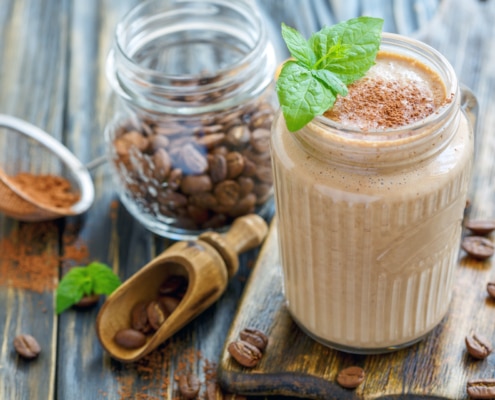 https://www.siamhillscoffee.com/wp-content/uploads/10-Best-Coffee-Smoothie-Recipes-–-Your-Perfectly-Delicious-Morning-Buzz-–-1-scaled.jpg
1707
2560
Siamhillscoffee
https://www.siamhillscoffee.com/wp-content/uploads/coffee-logo.png
Siamhillscoffee2021-02-20 05:32:312021-03-03 10:45:5410 Best Coffee Smoothie Recipes – Perfectly Delicious Morning Buzz –
https://www.siamhillscoffee.com/wp-content/uploads/10-Best-Coffee-Smoothie-Recipes-–-Your-Perfectly-Delicious-Morning-Buzz-–-1-scaled.jpg
1707
2560
Siamhillscoffee
https://www.siamhillscoffee.com/wp-content/uploads/coffee-logo.png
Siamhillscoffee2021-02-20 05:32:312021-03-03 10:45:5410 Best Coffee Smoothie Recipes – Perfectly Delicious Morning Buzz –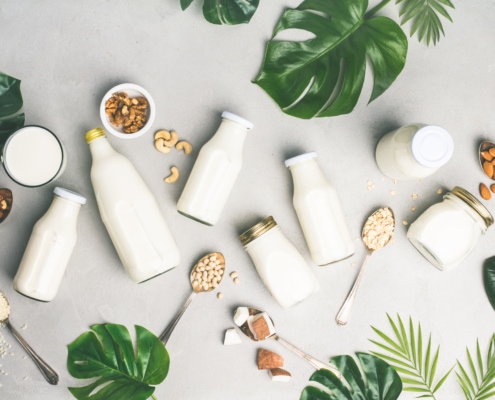 https://www.siamhillscoffee.com/wp-content/uploads/Great-Milk-Alternatives-–-Your-9-Best-Nondairy-Substitutes-for-Milk-–-1-scaled.jpg
1707
2560
Siamhillscoffee
https://www.siamhillscoffee.com/wp-content/uploads/coffee-logo.png
Siamhillscoffee2021-02-20 05:26:492021-03-03 10:47:18Great Milk Alternatives – Your 9 Best Nondairy Substitutes for Milk –
https://www.siamhillscoffee.com/wp-content/uploads/Great-Milk-Alternatives-–-Your-9-Best-Nondairy-Substitutes-for-Milk-–-1-scaled.jpg
1707
2560
Siamhillscoffee
https://www.siamhillscoffee.com/wp-content/uploads/coffee-logo.png
Siamhillscoffee2021-02-20 05:26:492021-03-03 10:47:18Great Milk Alternatives – Your 9 Best Nondairy Substitutes for Milk –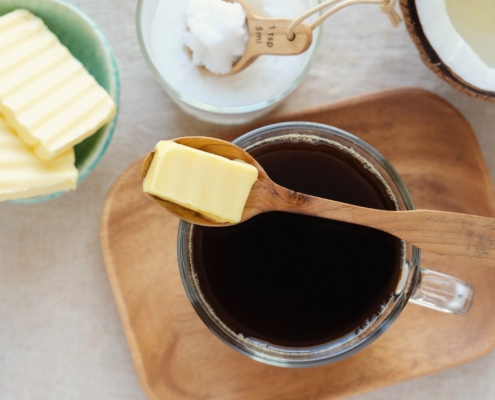 https://www.siamhillscoffee.com/wp-content/uploads/Butter-Coffee-Myths-versus-Facts-–-1.jpg
1414
2121
Siamhillscoffee
https://www.siamhillscoffee.com/wp-content/uploads/coffee-logo.png
Siamhillscoffee2021-02-20 05:14:182021-03-03 10:50:40Butter Coffee – Myths versus Facts –
https://www.siamhillscoffee.com/wp-content/uploads/Butter-Coffee-Myths-versus-Facts-–-1.jpg
1414
2121
Siamhillscoffee
https://www.siamhillscoffee.com/wp-content/uploads/coffee-logo.png
Siamhillscoffee2021-02-20 05:14:182021-03-03 10:50:40Butter Coffee – Myths versus Facts –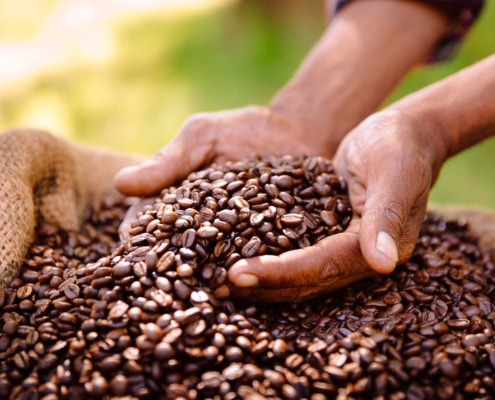 https://www.siamhillscoffee.com/wp-content/uploads/What-is-Specialty-Coffee-–-Everything-You-Need-to-Know-–-1-1.jpg
1414
2121
Siamhillscoffee
https://www.siamhillscoffee.com/wp-content/uploads/coffee-logo.png
Siamhillscoffee2021-02-20 05:10:372021-03-03 10:51:58What is Specialty Coffee? – Everything You Need to Know –
https://www.siamhillscoffee.com/wp-content/uploads/What-is-Specialty-Coffee-–-Everything-You-Need-to-Know-–-1-1.jpg
1414
2121
Siamhillscoffee
https://www.siamhillscoffee.com/wp-content/uploads/coffee-logo.png
Siamhillscoffee2021-02-20 05:10:372021-03-03 10:51:58What is Specialty Coffee? – Everything You Need to Know –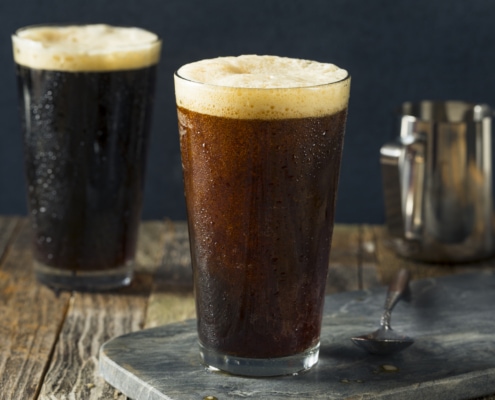 https://www.siamhillscoffee.com/wp-content/uploads/Nitro-Coffee-The-New-Big-Coffee-Trend-–-1.jpg
1414
2121
Siamhillscoffee
https://www.siamhillscoffee.com/wp-content/uploads/coffee-logo.png
Siamhillscoffee2021-02-20 05:03:032021-03-03 10:53:11Nitro Coffee – The New Big Coffee Trend –
https://www.siamhillscoffee.com/wp-content/uploads/Nitro-Coffee-The-New-Big-Coffee-Trend-–-1.jpg
1414
2121
Siamhillscoffee
https://www.siamhillscoffee.com/wp-content/uploads/coffee-logo.png
Siamhillscoffee2021-02-20 05:03:032021-03-03 10:53:11Nitro Coffee – The New Big Coffee Trend –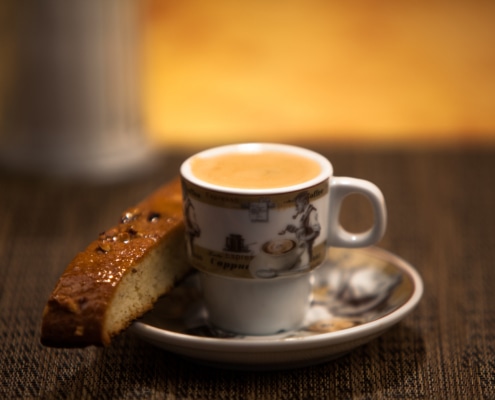 https://www.siamhillscoffee.com/wp-content/uploads/What-is-a-Cafe-Cubano-–-A-Complete-Guide-–-1.jpg
1414
2121
Siamhillscoffee
https://www.siamhillscoffee.com/wp-content/uploads/coffee-logo.png
Siamhillscoffee2021-02-20 04:57:432021-03-03 10:54:47What is a Cafe Cubano – A Complete Guide –
https://www.siamhillscoffee.com/wp-content/uploads/What-is-a-Cafe-Cubano-–-A-Complete-Guide-–-1.jpg
1414
2121
Siamhillscoffee
https://www.siamhillscoffee.com/wp-content/uploads/coffee-logo.png
Siamhillscoffee2021-02-20 04:57:432021-03-03 10:54:47What is a Cafe Cubano – A Complete Guide – https://www.siamhillscoffee.com/wp-content/uploads/Espresso-and-Coffee-–-Whats-the-Difference-–-1.jpg
1414
2121
Siamhillscoffee
https://www.siamhillscoffee.com/wp-content/uploads/coffee-logo.png
Siamhillscoffee2021-02-20 04:52:232021-03-03 10:56:00Espresso and Coffee – What’s the Difference? –
https://www.siamhillscoffee.com/wp-content/uploads/Espresso-and-Coffee-–-Whats-the-Difference-–-1.jpg
1414
2121
Siamhillscoffee
https://www.siamhillscoffee.com/wp-content/uploads/coffee-logo.png
Siamhillscoffee2021-02-20 04:52:232021-03-03 10:56:00Espresso and Coffee – What’s the Difference? – https://www.siamhillscoffee.com/wp-content/uploads/What-is-a-Cortado-–-A-Complete-Overview-–-1-scaled.jpg
1707
2560
Siamhillscoffee
https://www.siamhillscoffee.com/wp-content/uploads/coffee-logo.png
Siamhillscoffee2021-02-12 08:02:382021-03-03 11:00:15What is a Cortado? – A Complete Overview –
https://www.siamhillscoffee.com/wp-content/uploads/What-is-a-Cortado-–-A-Complete-Overview-–-1-scaled.jpg
1707
2560
Siamhillscoffee
https://www.siamhillscoffee.com/wp-content/uploads/coffee-logo.png
Siamhillscoffee2021-02-12 08:02:382021-03-03 11:00:15What is a Cortado? – A Complete Overview –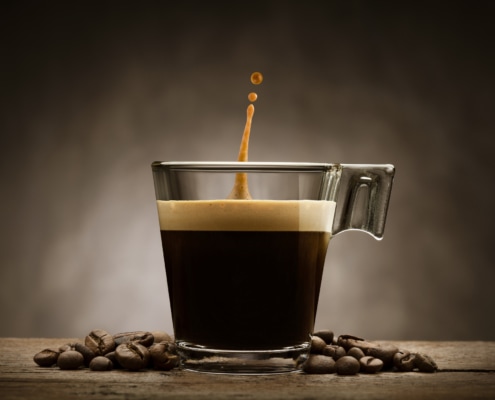 https://www.siamhillscoffee.com/wp-content/uploads/Decaf-Coffee-–-Is-Decaffeinated-Coffee-Good-or-Bad-–-1.jpg
1415
2120
Siamhillscoffee
https://www.siamhillscoffee.com/wp-content/uploads/coffee-logo.png
Siamhillscoffee2021-02-12 07:57:572021-03-03 11:01:42Decaf Coffee – Is Decaffeinated Coffee Good or Bad? –
https://www.siamhillscoffee.com/wp-content/uploads/Decaf-Coffee-–-Is-Decaffeinated-Coffee-Good-or-Bad-–-1.jpg
1415
2120
Siamhillscoffee
https://www.siamhillscoffee.com/wp-content/uploads/coffee-logo.png
Siamhillscoffee2021-02-12 07:57:572021-03-03 11:01:42Decaf Coffee – Is Decaffeinated Coffee Good or Bad? –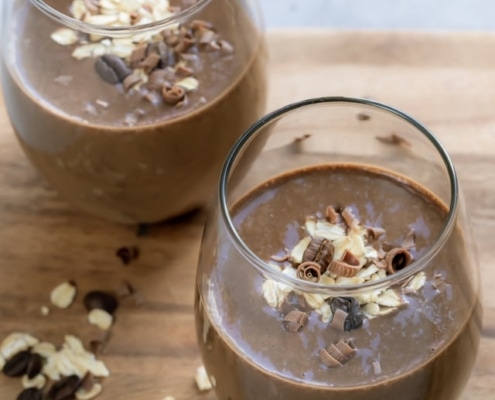 https://www.siamhillscoffee.com/wp-content/uploads/10-Best-Coffee-Protein-Shakes-–-Make-Your-Morning-Better-–-1.jpg
960
640
Siamhillscoffee
https://www.siamhillscoffee.com/wp-content/uploads/coffee-logo.png
Siamhillscoffee2021-02-12 07:48:282021-03-03 11:04:1910 Best Coffee Protein Shakes – Make Your Morning Better –
https://www.siamhillscoffee.com/wp-content/uploads/10-Best-Coffee-Protein-Shakes-–-Make-Your-Morning-Better-–-1.jpg
960
640
Siamhillscoffee
https://www.siamhillscoffee.com/wp-content/uploads/coffee-logo.png
Siamhillscoffee2021-02-12 07:48:282021-03-03 11:04:1910 Best Coffee Protein Shakes – Make Your Morning Better –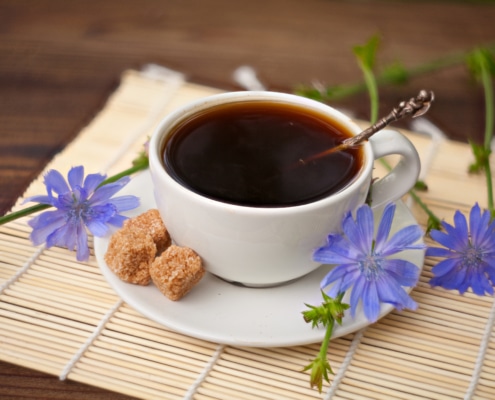 https://www.siamhillscoffee.com/wp-content/uploads/What-is-Chicory-Coffee-–-A-Healthy-Alternative-to-Coffee-or-Not-–-1-scaled.jpg
1747
2560
Siamhillscoffee
https://www.siamhillscoffee.com/wp-content/uploads/coffee-logo.png
Siamhillscoffee2021-02-12 07:37:062021-03-03 11:06:59What is Chicory Coffee? – A Healthy Alternative to Coffee or Not –
https://www.siamhillscoffee.com/wp-content/uploads/What-is-Chicory-Coffee-–-A-Healthy-Alternative-to-Coffee-or-Not-–-1-scaled.jpg
1747
2560
Siamhillscoffee
https://www.siamhillscoffee.com/wp-content/uploads/coffee-logo.png
Siamhillscoffee2021-02-12 07:37:062021-03-03 11:06:59What is Chicory Coffee? – A Healthy Alternative to Coffee or Not –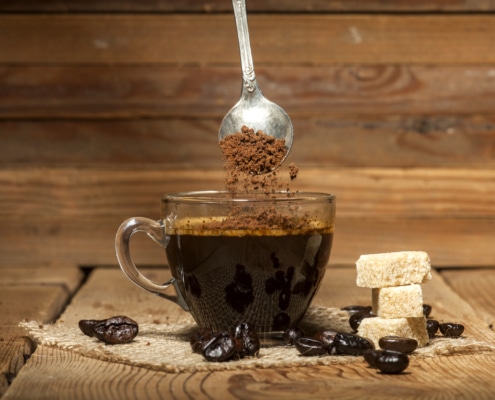 https://www.siamhillscoffee.com/wp-content/uploads/Instant-Coffee-and-Ground-Coffee-–-Which-is-Better-–-1.jpg
1250
2399
Siamhillscoffee
https://www.siamhillscoffee.com/wp-content/uploads/coffee-logo.png
Siamhillscoffee2021-02-12 07:27:432021-03-03 11:09:42Instant Coffee and Ground Coffee – Which is Better? –
https://www.siamhillscoffee.com/wp-content/uploads/Instant-Coffee-and-Ground-Coffee-–-Which-is-Better-–-1.jpg
1250
2399
Siamhillscoffee
https://www.siamhillscoffee.com/wp-content/uploads/coffee-logo.png
Siamhillscoffee2021-02-12 07:27:432021-03-03 11:09:42Instant Coffee and Ground Coffee – Which is Better? –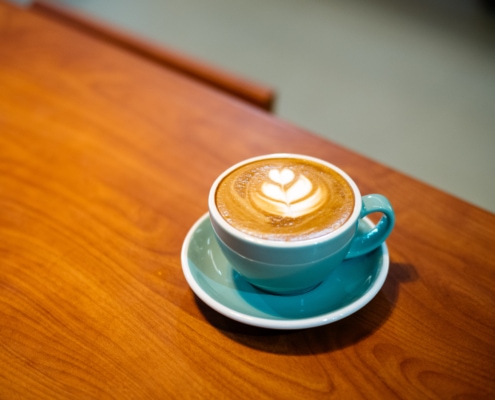 https://www.siamhillscoffee.com/wp-content/uploads/What-is-a-Flat-White-–-A-Complete-Guide-–-2.jpg
1414
2121
Siamhillscoffee
https://www.siamhillscoffee.com/wp-content/uploads/coffee-logo.png
Siamhillscoffee2021-02-12 07:21:312021-03-03 11:11:35What is a Flat White? – A Complete Guide –
https://www.siamhillscoffee.com/wp-content/uploads/What-is-a-Flat-White-–-A-Complete-Guide-–-2.jpg
1414
2121
Siamhillscoffee
https://www.siamhillscoffee.com/wp-content/uploads/coffee-logo.png
Siamhillscoffee2021-02-12 07:21:312021-03-03 11:11:35What is a Flat White? – A Complete Guide –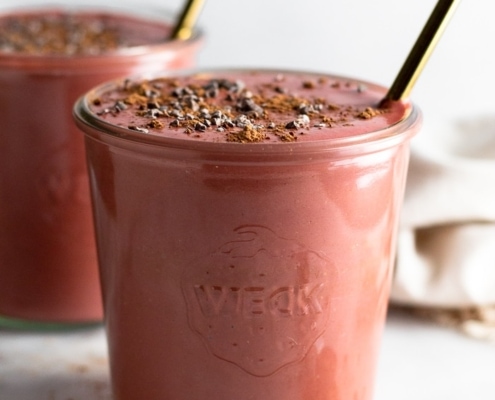 https://www.siamhillscoffee.com/wp-content/uploads/15-Great-Coffee-Breakfast-Smoothies-–-Simply-Delicious-Ways-to-Boost-Your-Morning-–14.jpg
1050
700
Siamhillscoffee
https://www.siamhillscoffee.com/wp-content/uploads/coffee-logo.png
Siamhillscoffee2021-02-12 06:52:492021-03-03 11:46:4615 Great Coffee Breakfast Smoothies – Delicious Ways to Boost Your Morning –
https://www.siamhillscoffee.com/wp-content/uploads/15-Great-Coffee-Breakfast-Smoothies-–-Simply-Delicious-Ways-to-Boost-Your-Morning-–14.jpg
1050
700
Siamhillscoffee
https://www.siamhillscoffee.com/wp-content/uploads/coffee-logo.png
Siamhillscoffee2021-02-12 06:52:492021-03-03 11:46:4615 Great Coffee Breakfast Smoothies – Delicious Ways to Boost Your Morning –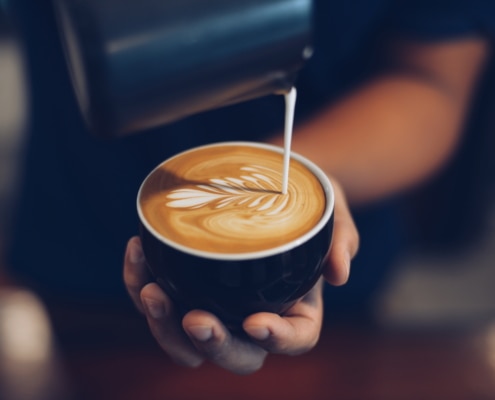 https://www.siamhillscoffee.com/wp-content/uploads/What-is-a-Cappuccino-–-A-Complete-Guide-–-1-scaled.jpg
1704
2560
Siamhillscoffee
https://www.siamhillscoffee.com/wp-content/uploads/coffee-logo.png
Siamhillscoffee2021-02-12 05:52:502021-03-03 11:51:41What is a Cappuccino? – A Complete Guide –
https://www.siamhillscoffee.com/wp-content/uploads/What-is-a-Cappuccino-–-A-Complete-Guide-–-1-scaled.jpg
1704
2560
Siamhillscoffee
https://www.siamhillscoffee.com/wp-content/uploads/coffee-logo.png
Siamhillscoffee2021-02-12 05:52:502021-03-03 11:51:41What is a Cappuccino? – A Complete Guide –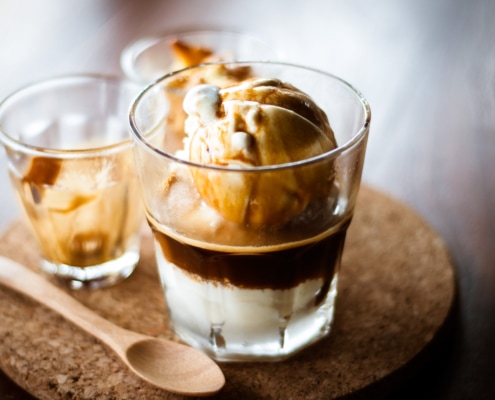 https://www.siamhillscoffee.com/wp-content/uploads/What-is-an-Affogato-–-A-Complete-Guide-–-1-scaled.jpg
1700
2560
Siamhillscoffee
https://www.siamhillscoffee.com/wp-content/uploads/coffee-logo.png
Siamhillscoffee2021-02-12 05:24:302021-03-03 11:58:41What is an Affogato? – A Complete Guide –
https://www.siamhillscoffee.com/wp-content/uploads/What-is-an-Affogato-–-A-Complete-Guide-–-1-scaled.jpg
1700
2560
Siamhillscoffee
https://www.siamhillscoffee.com/wp-content/uploads/coffee-logo.png
Siamhillscoffee2021-02-12 05:24:302021-03-03 11:58:41What is an Affogato? – A Complete Guide –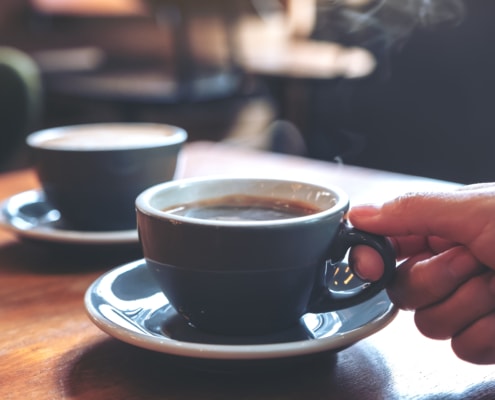 https://www.siamhillscoffee.com/wp-content/uploads/What-is-an-Americano-–-A-Complete-Guide-–-1-scaled.jpg
1707
2560
Siamhillscoffee
https://www.siamhillscoffee.com/wp-content/uploads/coffee-logo.png
Siamhillscoffee2021-02-12 05:20:142021-03-03 12:00:35What is an Americano – A Complete Guide –
https://www.siamhillscoffee.com/wp-content/uploads/What-is-an-Americano-–-A-Complete-Guide-–-1-scaled.jpg
1707
2560
Siamhillscoffee
https://www.siamhillscoffee.com/wp-content/uploads/coffee-logo.png
Siamhillscoffee2021-02-12 05:20:142021-03-03 12:00:35What is an Americano – A Complete Guide –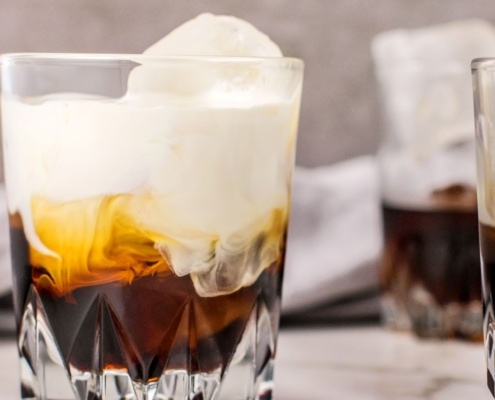 https://www.siamhillscoffee.com/wp-content/uploads/15-Best-Iced-Coffee-Recipes-–-Your-Perfectly-Refreshing-Boost-and-Buzz-–-5-scaled.jpg
1440
2560
Siamhillscoffee
https://www.siamhillscoffee.com/wp-content/uploads/coffee-logo.png
Siamhillscoffee2021-02-12 05:00:102021-03-03 12:05:3015 Best Iced Coffee Recipes – Your Perfectly Refreshing Boost and Buzz –
https://www.siamhillscoffee.com/wp-content/uploads/15-Best-Iced-Coffee-Recipes-–-Your-Perfectly-Refreshing-Boost-and-Buzz-–-5-scaled.jpg
1440
2560
Siamhillscoffee
https://www.siamhillscoffee.com/wp-content/uploads/coffee-logo.png
Siamhillscoffee2021-02-12 05:00:102021-03-03 12:05:3015 Best Iced Coffee Recipes – Your Perfectly Refreshing Boost and Buzz –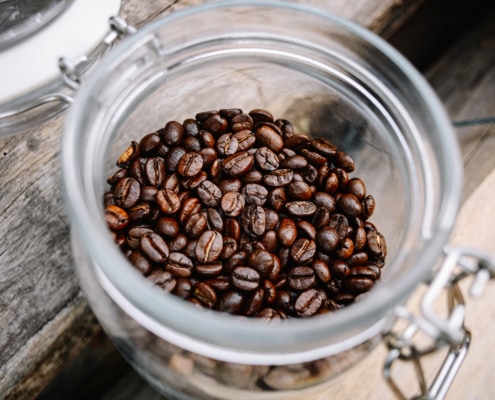 https://www.siamhillscoffee.com/wp-content/uploads/What-is-Robusta-Coffee-–Top-10-Robusta-vs.-Arabica-Differences-–-1-scaled.jpg
1696
2560
Siamhillscoffee
https://www.siamhillscoffee.com/wp-content/uploads/coffee-logo.png
Siamhillscoffee2021-02-12 04:50:162021-03-03 12:07:04What is Robusta Coffee? –Top 10 Robusta vs. Arabica Differences –
https://www.siamhillscoffee.com/wp-content/uploads/What-is-Robusta-Coffee-–Top-10-Robusta-vs.-Arabica-Differences-–-1-scaled.jpg
1696
2560
Siamhillscoffee
https://www.siamhillscoffee.com/wp-content/uploads/coffee-logo.png
Siamhillscoffee2021-02-12 04:50:162021-03-03 12:07:04What is Robusta Coffee? –Top 10 Robusta vs. Arabica Differences –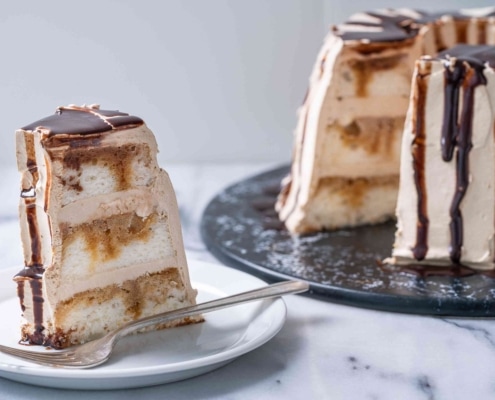 https://www.siamhillscoffee.com/wp-content/uploads/20-Best-Coffee-Dessert-Recipes-–-Your-Perfectly-Delicious-Coffee-Treat-–-1-scaled.jpg
1708
2560
Siamhillscoffee
https://www.siamhillscoffee.com/wp-content/uploads/coffee-logo.png
Siamhillscoffee2021-02-12 04:13:312021-03-03 12:17:1120 Best Coffee Dessert Recipes – Your Perfectly Delicious Coffee Treat –
https://www.siamhillscoffee.com/wp-content/uploads/20-Best-Coffee-Dessert-Recipes-–-Your-Perfectly-Delicious-Coffee-Treat-–-1-scaled.jpg
1708
2560
Siamhillscoffee
https://www.siamhillscoffee.com/wp-content/uploads/coffee-logo.png
Siamhillscoffee2021-02-12 04:13:312021-03-03 12:17:1120 Best Coffee Dessert Recipes – Your Perfectly Delicious Coffee Treat –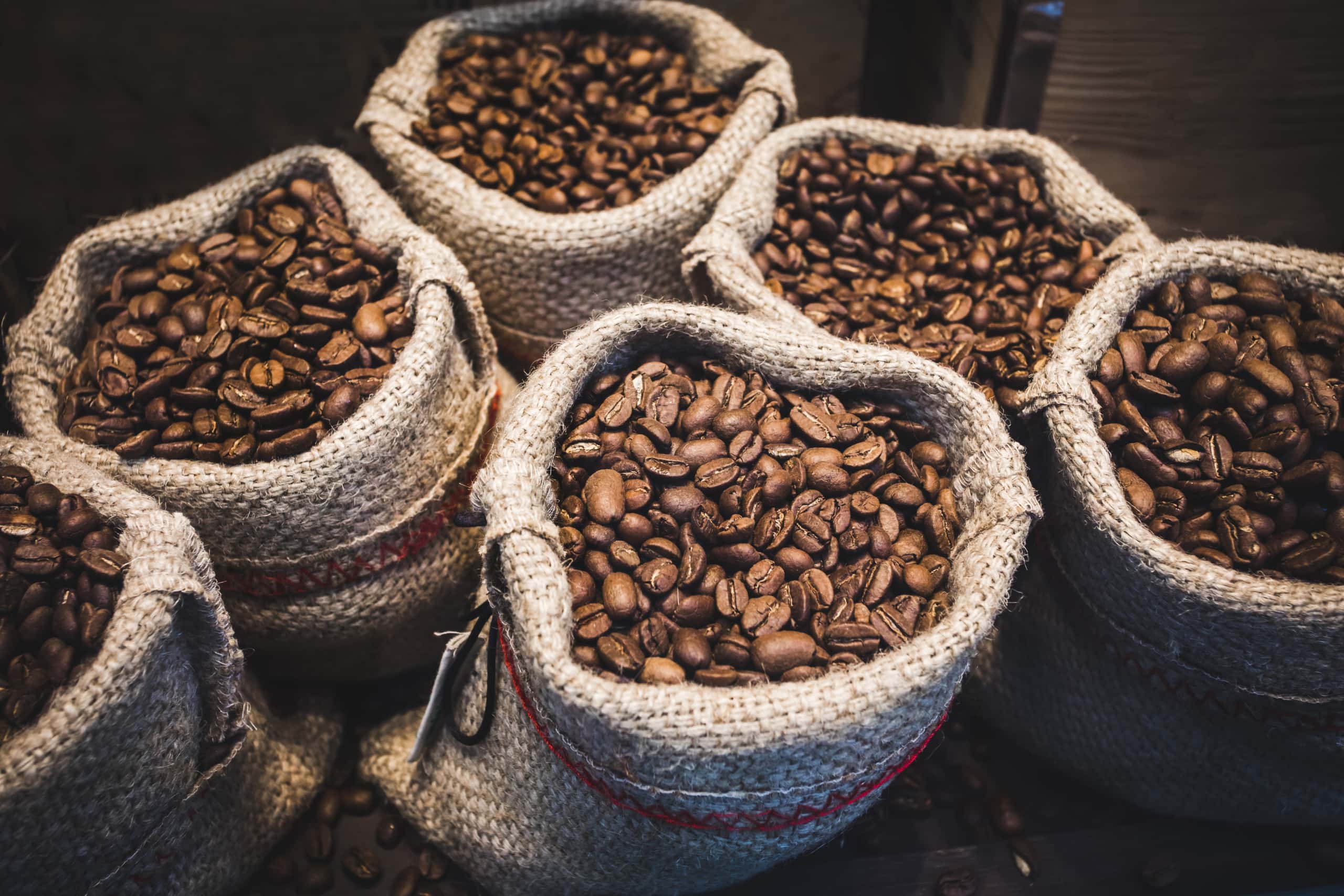 https://www.siamhillscoffee.com/wp-content/uploads/Arabica-and-Robusta-Coffee-–Top-10-Arabica-vs.-Robusta-Differences-–-1-scaled.jpg
1707
2560
Siamhillscoffee
https://www.siamhillscoffee.com/wp-content/uploads/coffee-logo.png
Siamhillscoffee2021-02-12 04:00:402021-03-03 12:21:42Arabica and Robusta Coffee –Top 10 Arabica vs. Robusta Differences –
https://www.siamhillscoffee.com/wp-content/uploads/Arabica-and-Robusta-Coffee-–Top-10-Arabica-vs.-Robusta-Differences-–-1-scaled.jpg
1707
2560
Siamhillscoffee
https://www.siamhillscoffee.com/wp-content/uploads/coffee-logo.png
Siamhillscoffee2021-02-12 04:00:402021-03-03 12:21:42Arabica and Robusta Coffee –Top 10 Arabica vs. Robusta Differences –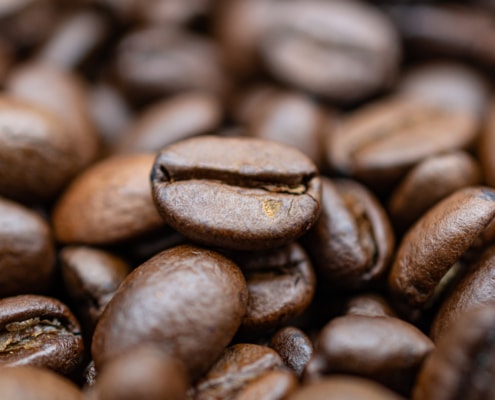 https://www.siamhillscoffee.com/wp-content/uploads/What-is-Arabica-Coffee-–Top-10-Arabica-vs.-Robusta-Differences-–-1-scaled.jpg
1820
2560
Siamhillscoffee
https://www.siamhillscoffee.com/wp-content/uploads/coffee-logo.png
Siamhillscoffee2021-02-12 03:36:062021-03-03 12:30:45What is Arabica Coffee? –Top 10 Arabica vs. Robusta Differences –
https://www.siamhillscoffee.com/wp-content/uploads/What-is-Arabica-Coffee-–Top-10-Arabica-vs.-Robusta-Differences-–-1-scaled.jpg
1820
2560
Siamhillscoffee
https://www.siamhillscoffee.com/wp-content/uploads/coffee-logo.png
Siamhillscoffee2021-02-12 03:36:062021-03-03 12:30:45What is Arabica Coffee? –Top 10 Arabica vs. Robusta Differences – https://www.siamhillscoffee.com/wp-content/uploads/Top-10-Best-Coffee-Drinks-in-the-World-Most-Consumed-Worldwide-–-1.jpg
1414
2121
Siamhillscoffee
https://www.siamhillscoffee.com/wp-content/uploads/coffee-logo.png
Siamhillscoffee2021-02-12 03:22:582021-03-03 12:33:14Top 10 Best Coffee Drinks in the World – Most Consumed Worldwide –
https://www.siamhillscoffee.com/wp-content/uploads/Top-10-Best-Coffee-Drinks-in-the-World-Most-Consumed-Worldwide-–-1.jpg
1414
2121
Siamhillscoffee
https://www.siamhillscoffee.com/wp-content/uploads/coffee-logo.png
Siamhillscoffee2021-02-12 03:22:582021-03-03 12:33:14Top 10 Best Coffee Drinks in the World – Most Consumed Worldwide –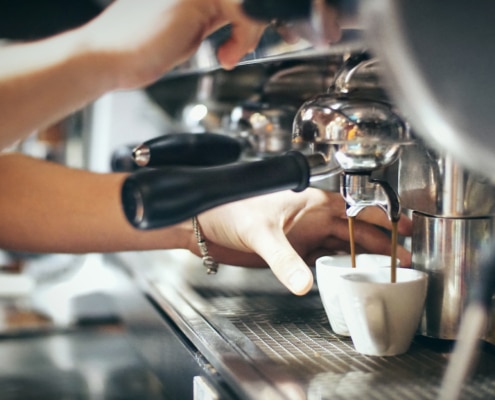 https://www.siamhillscoffee.com/wp-content/uploads/Top-10-Most-Popular-Espresso-Drinks-A-Complete-Overview-–-1.jpg
1392
2154
Siamhillscoffee
https://www.siamhillscoffee.com/wp-content/uploads/coffee-logo.png
Siamhillscoffee2021-02-12 03:15:472021-03-03 12:35:06Top 10 Most Popular Espresso Drinks – A Complete Overview –
https://www.siamhillscoffee.com/wp-content/uploads/Top-10-Most-Popular-Espresso-Drinks-A-Complete-Overview-–-1.jpg
1392
2154
Siamhillscoffee
https://www.siamhillscoffee.com/wp-content/uploads/coffee-logo.png
Siamhillscoffee2021-02-12 03:15:472021-03-03 12:35:06Top 10 Most Popular Espresso Drinks – A Complete Overview –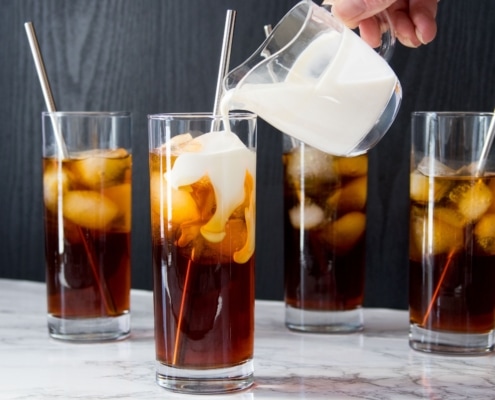 https://www.siamhillscoffee.com/wp-content/uploads/20-Best-Barista-Coffee-Recipes-–-Your-Perfectly-Delicious-Coffee-Treat-–-9-scaled.jpg
1707
2560
Siamhillscoffee
https://www.siamhillscoffee.com/wp-content/uploads/coffee-logo.png
Siamhillscoffee2021-02-12 02:51:302021-02-20 14:07:0420 Best Barista Coffee Recipes – Your Perfectly Delicious Coffee Treat –
https://www.siamhillscoffee.com/wp-content/uploads/20-Best-Barista-Coffee-Recipes-–-Your-Perfectly-Delicious-Coffee-Treat-–-9-scaled.jpg
1707
2560
Siamhillscoffee
https://www.siamhillscoffee.com/wp-content/uploads/coffee-logo.png
Siamhillscoffee2021-02-12 02:51:302021-02-20 14:07:0420 Best Barista Coffee Recipes – Your Perfectly Delicious Coffee Treat –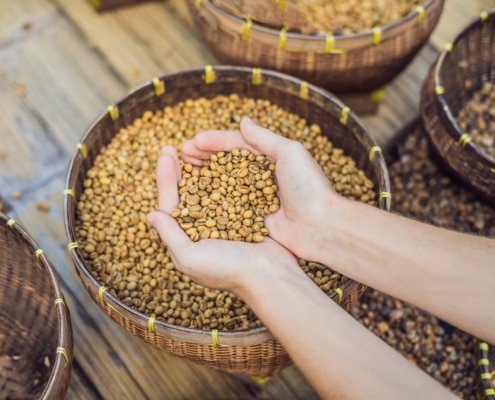 https://www.siamhillscoffee.com/wp-content/uploads/Kopi_Luwak_Coffee_The_Most_Expensive_Coffee_An_Honest_Opinion-4.jpg
1414
2121
Siamhillscoffee
https://www.siamhillscoffee.com/wp-content/uploads/coffee-logo.png
Siamhillscoffee2020-03-08 13:43:142021-03-03 13:34:22Kopi Luwak Coffee – The Most Expensive Coffee – An Honest Opinion
https://www.siamhillscoffee.com/wp-content/uploads/Kopi_Luwak_Coffee_The_Most_Expensive_Coffee_An_Honest_Opinion-4.jpg
1414
2121
Siamhillscoffee
https://www.siamhillscoffee.com/wp-content/uploads/coffee-logo.png
Siamhillscoffee2020-03-08 13:43:142021-03-03 13:34:22Kopi Luwak Coffee – The Most Expensive Coffee – An Honest Opinion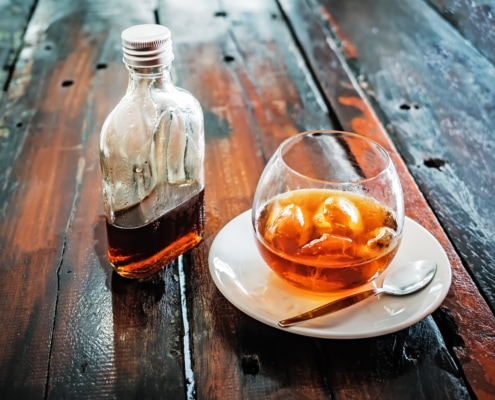 https://www.siamhillscoffee.com/wp-content/uploads/Cold_Brew_Coffee_An_Honest_Opinion_All_You_Need_To_Know_1.jpg
3144
4608
Siamhillscoffee
https://www.siamhillscoffee.com/wp-content/uploads/coffee-logo.png
Siamhillscoffee2019-11-06 05:01:152021-03-03 13:30:17Cold Brew Coffee – An Honest Opinion – All You Need to Know
https://www.siamhillscoffee.com/wp-content/uploads/Cold_Brew_Coffee_An_Honest_Opinion_All_You_Need_To_Know_1.jpg
3144
4608
Siamhillscoffee
https://www.siamhillscoffee.com/wp-content/uploads/coffee-logo.png
Siamhillscoffee2019-11-06 05:01:152021-03-03 13:30:17Cold Brew Coffee – An Honest Opinion – All You Need to Know
